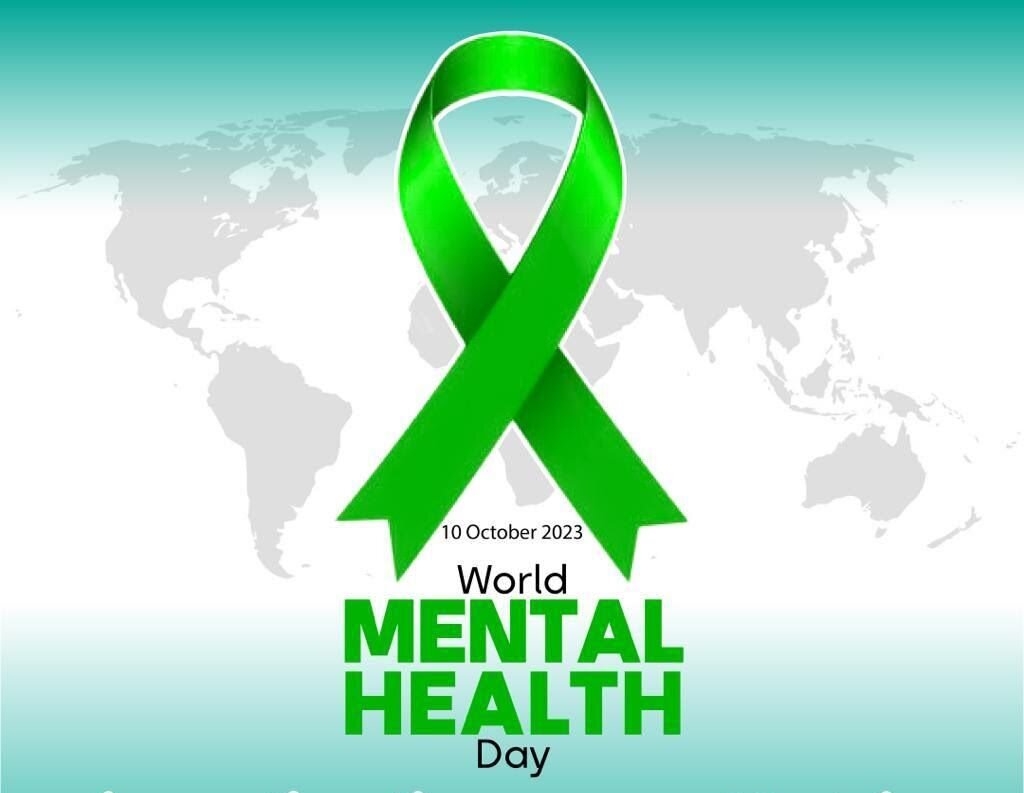Treatment gap in mental health care

TEHRAN- A common challenge facing the healthcare systems worldwide is the large gap between the need for mental healthcare treatment and its provision.
According to the World Health Organization (WHO), mental health is a basic human right for all people. Everyone, whoever and wherever they are, has a right to the highest attainable standard of mental health.
This includes the right to be protected from mental health risks, the right to available, accessible, acceptable, and good quality care, and the right to liberty, independence, and inclusion in the community.
Mental health is not only included in sustainable development goals but is known as a priority for global development, that is, there can be no health or sustainable development without proper mental health.
In fact, good mental health is vital to our overall health and well-being. Yet one in eight people globally is living with mental health conditions, which can impact their physical health, their well-being, how they connect with others, and their livelihoods.
Mental health conditions are also affecting an increasing number of adolescents and young people. It is impacted by a set of family, social, and structural factors that may combine to protect or undermine it.
Although most people are resilient, those who are exposed to adverse conditions such as poverty, violence, disability, and inequality are more likely to develop a mental disorder.
Depression is one of the causes of disability which can lead to suicide. Suicide is the fourth leading cause of death in the age group of 15–19 years old.
Protective and risk factors include individual psychological and biological factors, such as emotional skills and genetics.
Many of the risk and protective factors are influenced by changes in brain structure or function. Social support is an important factor that can affect mental health.
Health systems have failed to meet the needs of people with mental disorders.
Only 29 percent of people with psychosis and just one-third of people with depression receive formal mental health care.
People with mental disorders need social support in developing and maintaining individual, family, and social relationships.
They also need support for educational programs, employment, housing, and participation in other meaningful activities.
Having a mental health condition should never be a reason to deprive a person of their human rights, yet people with mental illnesses often experience severe human rights violations, discrimination, and stigma.
Many mental illnesses can be effectively treated at relatively low cost, yet the gap between those who need care and those who have access to care remains significant.
World Mental Health Day
World Mental Health Day, October 10, is an international day for global mental health education, awareness, and advocacy against social stigma.
It was first celebrated in 1992 at the initiative of the World Federation for Mental Health, a global mental health organization with members and contacts in more than 150 countries.
This day, each October, thousands of supporters come to celebrate this annual awareness program to bring attention to mental illness and its major effects on people's lives worldwide.
In addition, this day provides an opportunity for mental health professionals to discuss and shed light on their work, making mental health a priority worldwide.
World Mental Health Day 2023 is an opportunity for people and communities to unite behind the theme ‘Mental health is a universal human right” to improve knowledge, raise awareness, and drive actions that promote and protect everyone’s mental health as a universal human right.
